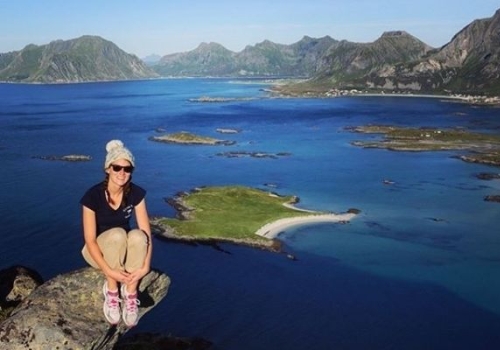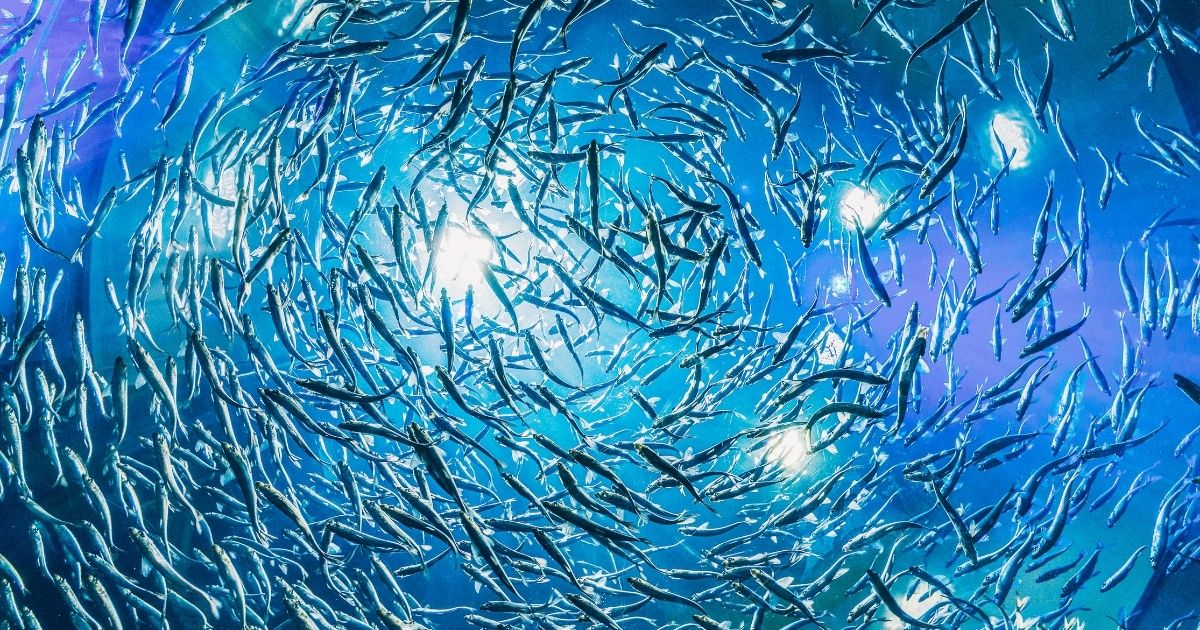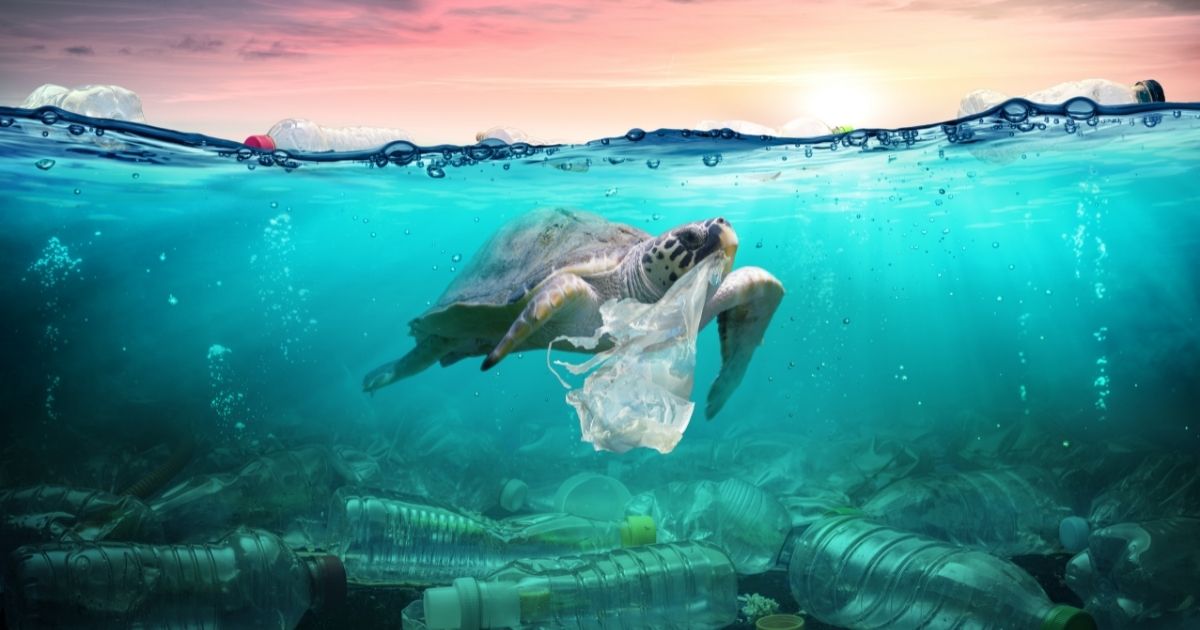How Can Crew Develop Greener Operations On Board?

Unfortunately, it is no surprise to read that our world is in an environmental crisis, facing huge problems which need addressing immediately. From climate change, plastic pollution, overfishing to acidification, our marine environments are in dire need of help, and the issues that were once ‘someday’ are now ones that need fixing today.
Each day we read horrifying statistics, witness impactful photos infiltrating our social feeds, and even experience the issues first-hand. Saving our oceans must be a priority, and they are critical to the health of our people and planet, and on a smaller relatable scale, our industry - without them, our existence would cease. As well as being a carbon absorption system and therefore a vital ally in fighting climate change, the oceans also supply more than half the oxygen we breathe.
The yachting industry is far-reaching, with many stakeholders from design, construction and sale through to owning and managing, and within recent years there has been a substantial wave of both individual and collective action across the industry. It is an industry built upon people’s passion for exploring and appreciating the oceans, and for it to continue reaping these benefits for generations to come, change is needed and a more active role in protecting them. Whilst technology and innovation are important in making the industry more sustainable, changes at an operational level can get left behind. What can crew, as individuals do?
It can feel overwhelming to suggest that an individual can make a difference in our said problems when they are so big and complex. Similar to this is the feeling of powerlessness when you think that our oceans take up 71% of the surface of our planet - how is it possible for one individual to make a difference? But it is.

The power of the individual
The debate surrounding personal actions versus systematic change is one of significant interest within sustainability. When it comes to our global issues, society tends to point the finger, blame someone else and shift responsibility for the changes that need to happen. Some argue personal actions are pointless when set against the systematic changes that are required. Others understand the need that these individual actions lead up to bigger changes. Instead of consistently debating who should save our oceans and who should save our industry reliant upon them, how about we all start with ourselves?
Today, more than ever before, individuals have the power to transform and influence positive change. The concept of power is to influence the behaviour of another. Making changes for the better is not about single, grand acts, it's the day-to-day actions and decisions that people are individually making. The industry is a small one when it comes to the crew - it takes just one of those crew members to spread a message, to make one change on board, which is then spread to other yachts, to other marinas, across oceans and throughout an entire industry. For change to succeed, it comes down to everyone's attitudes, creating this domino effect which is the driving force of change.
Although yachting has taken longer than other industries to integrate sustainability, there have already been huge developments. The process for change is happening in many ways, and one is down to this power of the individual. There are various crew out there making changes to the daily operations of the yacht, and taking responsibility for the yachts environmental footprint to provide long-lasting benefits.

Examples of change
Sustainability is a three-dimensional concept, and there are many things we need to change throughout the industry for future generations to reap its benefits. On an environmental basis we need to clean up our oceans, economically we need to expand using the circular economy framework, and socially create a fairer, more equal and diverse industry. Knowing where to start can sometimes be the biggest barrier to change, but one of the most important things an individual can do is change their mindset and increase awareness which will, in turn, foster a positive culture of change on board. Once individuals believe in change, those small changes begin to add up.
Once individuals want to change, they then need the knowledge behind them as to why they are making that change, and seeing the benefits behind sustainable changes makes it easier to continue making them. Implementing change should be done smoothly and slowly - if one change isn’t successful then it will be a lot harder to introduce another. Changing processes, eliminating old habits and adopting new practices in an industry with so many players can prove difficult. When it comes to making changes, you need to have a plan - ensure you know why you are making the change, how to go about doing so and that you have the correct sign offs to do so on board.
There are so many examples of small changes which can be achieved at an operational level. For example, eliminating or reducing single-use plastic, switching to green cleaning products, reducing food miles and waste, reducing and recycling waste, changing to more ethical suppliers through to improving the mental wellbeing of crew. It took billions of unsustainable actions and decisions that have got us where we are today, therefore it will take billions of sustainable ones to put us on a more positive path for the future.
Making change is hard work, it requires commitment in the small acts every day which eventually build into bigger shifts in behaviour - we saw how quickly people ditched plastic straws. These small changes help create system change within the industry. We can see this evident today in the new players in the industry supplying greener products. If crew, as individuals, demand positive changes, they will come.

The nature of the industry and crew movement between yachts means that changing crew behaviour is an important catalyst for sustainability. An example of the power of the individual and this domino effect is evident throughout social media. For a long time, the social platforms have shown - albeit mainly the good bits - of crew lifestyle that this reach is now used to share and exchange information about crew life and today, the topic of sustainability is getting its time on the grid.
The future
There isn't a one size fits all approach when it comes to sustainability, especially in an industry as niche as yachting. Tackling our sustainability issues needs to be both a bottom-up and top-down approach. We have seen an increase in environmental regulation throughout the years and hope to see that continuing and improving. When it comes to training and education, this is an issue that needs addressing within the industry. Sustainability isn’t yet a mandatory topic therefore priorities need to shift and this needs to move to the forefront alongside other training courses.
Both technology and innovation are giving us possibilities that we never before imagined, the world will be unknown 10 years from now but it will also depend entirely on our values and our daily actions for whether it changes for the better. We have seen a positive increase in individuals making changes, especially in recent years. The power of the individual is essential when it comes to changing our industry a single step can be multiplied by everyone around you. Whilst we won’t solve unsustainable issues on our own, each individual will be part of the solution, it is that we should continue to carry forward. Do not underestimate the power of you, the individual.


Post your comment
You cannot post comments until you have logged in.
Login to post a commentComments
No one has commented on this page yet.
RSS feed for comments on this page | RSS feed for all comments